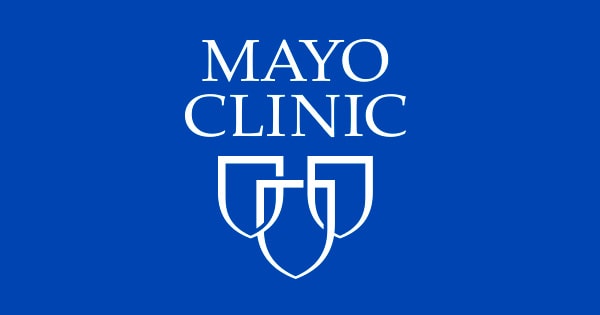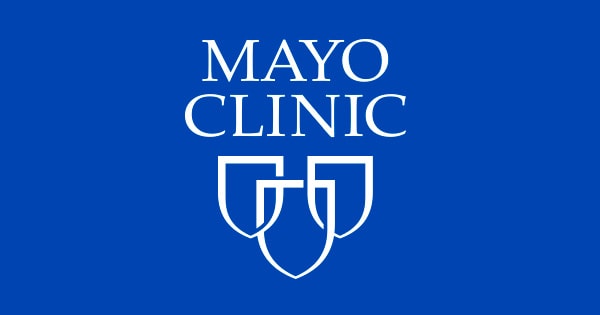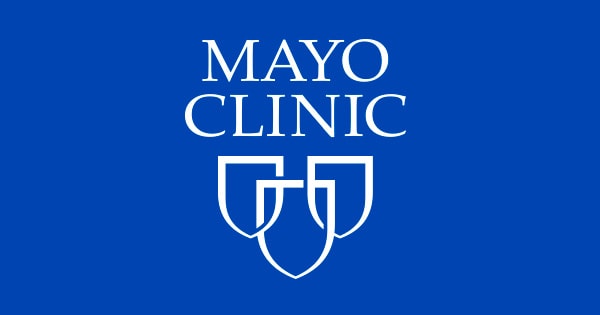An Australian biotechnology company is building what could be the first AI-driven hospital in Vietnam.
WHAT IT’S ABOUT
The MedArmor AI Hospital will pursue a preventive healthcare model, emphasising early disease detection and timely interventions. It will be underpinned by AI and virtual care technologies.
The hospital will primarily run on virtual technologies, such as video conferencing, to deliver care. Besides that, it will also offer telestroke management, electronic intensive care units, and online provider-to-provider consultations.
As part of its foundational EMR system, the hospital will leverage “advanced AI to collect and analyse patient health data, delivering actionable insights for preventive screenings and personalized medical guidance.” Core8 develops AI that predicts health outcomes, identifies potential risks, and recommends preventive measures. It also offers a health screening tool powered by medical imaging AI.
WHY IT MATTERS
On its website, Core8 explains that its AI hospital in Vietnam will address key industry challenges, namely equity, cost, environmental sustainability, and workforce wellbeing.
It operates a virtual care model to expand access to disease diagnosis and treatment to underserved communities with limited healthcare resources; remote health monitoring also helps reduce their expenses.
As it incorporates virtual technology, it also eliminates waste and pollution, as well as enables patients to reduce their carbon emissions by no longer having to travel far distances.
Moreover, the AI-driven hospital will streamline administrative processes to allow clinicians and staff to focus more on providing care to patients and on their professional development.
THE LARGER TREND
Core8’s AI hospital will be located in the 700-hectare Duc Hoa 3 Industrial Park in Vietnam’s Long An province. In August, the Australian company joined a consortium developing the area – situated near Ho Chi Minh City in Vietnam’s south – into a hub for biotechnology and semiconductor industries.
In recent years, Vietnam sought international partners to support the digital transformation of its various industries. In healthcare, for example, it signed its first healthcare AI partnership with Microsoft last year.
The country is also working to introduce smart healthcare by next year. Foundational to this is its EMR system, which was announced for nationwide expansion in October.
Meanwhile, a virtual technology-driven hospital is nothing new; the concept has grown in popularity since the recent pandemic. In 2022, the Seha Virtual Hospital, claimed to be the world’s largest virtual hospital serving 480,000 patients annually, was launched in Saudi Arabia.














